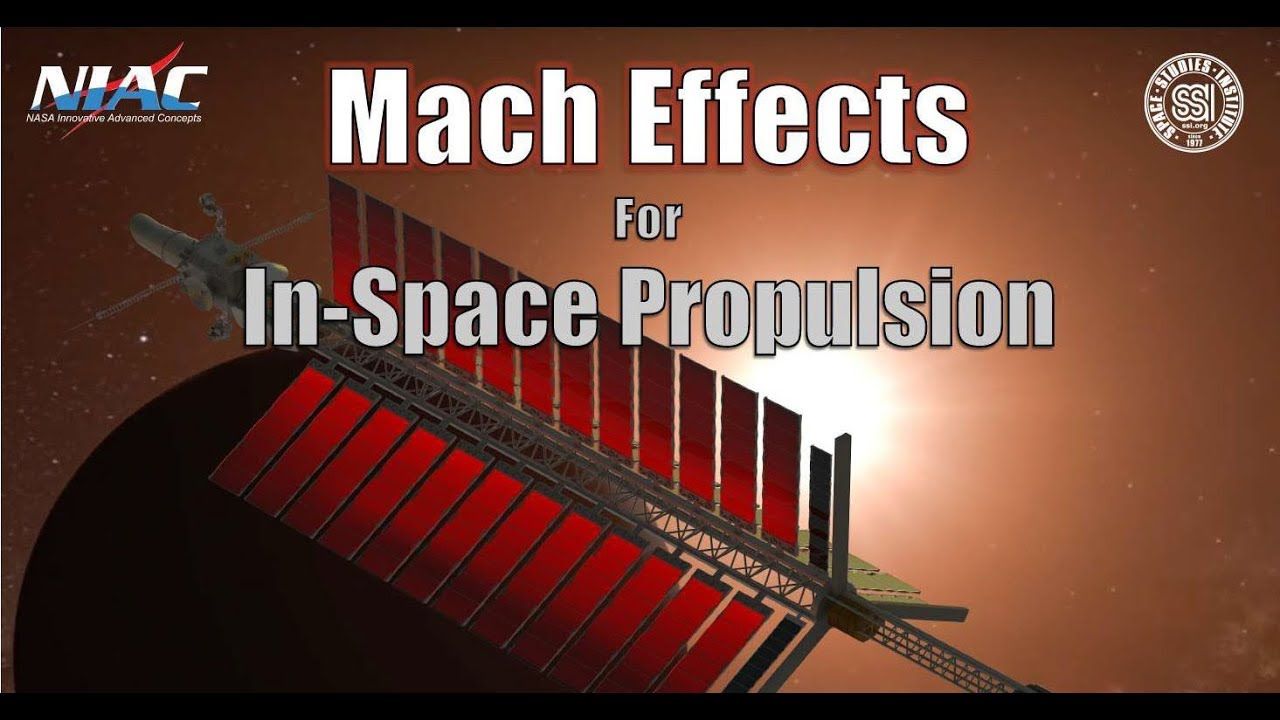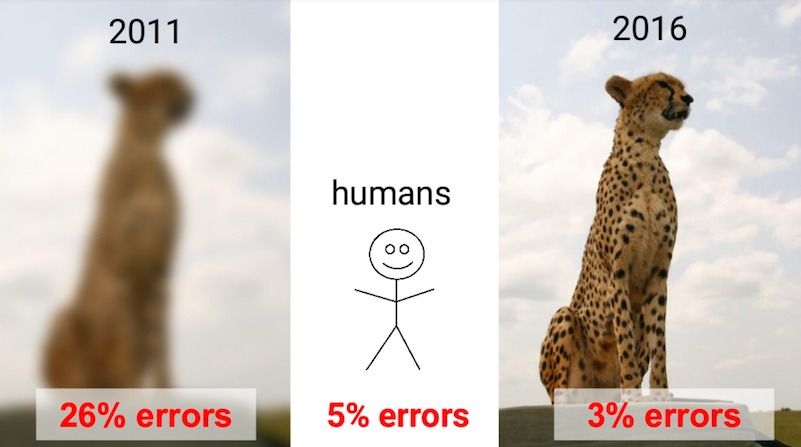Adjuncting has grown as funding for public universities has fallen by more than a quarter between 1990 and 2009. Private institutions also recognize the allure of part-time professors: generally they are cheaper than full-time staff, don’t receive benefits or support for their personal research, and their hours can be carefully limited so they do not teach enough to qualify for health insurance.
Adjunct professors in America face low pay and long hours without the security of full-time faculty. Some, on the brink of homelessness, take desperate measures.








